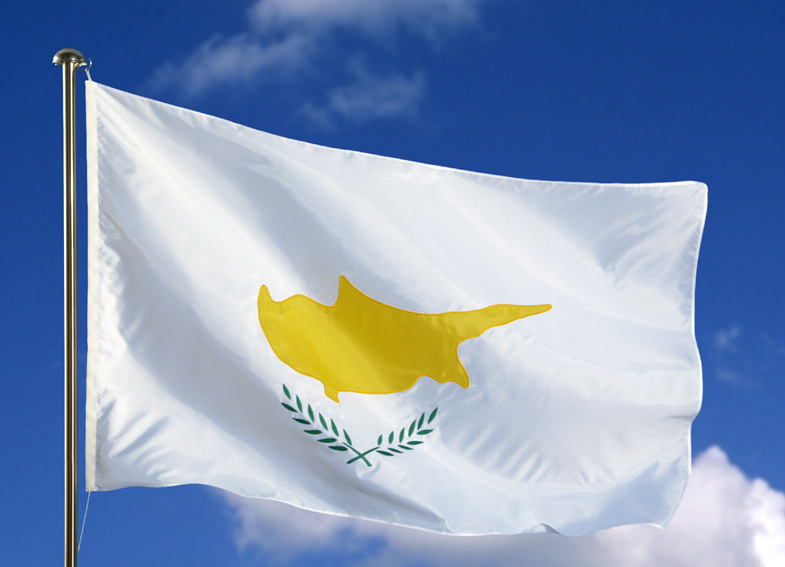By Carol Matlack, BusinessWeek
Foreign deposits in Cyprus banks soared more than 60 percent, topping $40 billion, over the past five years, setting the stage for a financial meltdown after the banks invested in Greek bonds and other risky securities.
Think that’s scary? Worldwide, there’s an estimated $2.7 trillion stashed in offshore banking havens—and the crisis unfolding in Cyprus shows just how little progress has been made in bringing the situation under control.
The world’s biggest economies have stepped up their efforts to locate hidden offshore accounts. To combat money laundering and tax evasion, they’ve pressured banking havens to sign bilateral treaties to share deposit records with authorities in other countries.
After agreeing to such disclosures, some traditional havens such as Switzerland, Luxembourg, and the Channel Islands have seen their foreign bank deposits decline. Foreign deposits in banks on the island of Jersey, for example, are down almost 60 percent since 2008, according to a study last fall by economists at the Paris School of Economics and the University of Copenhagen.
But those declines were offset by rising foreign deposits in other countries that have signed relatively few such treaties, the study found. Cyprus, for example, signed only two treaties—compared to 15 or more treaties signed by other banking havens— and its foreign deposits rose more than 60 percent. Panama and Macao, likewise, signed relatively few treaties and experienced sharp increases in foreign deposits.
“Our results suggest that tax evaders shifted deposits to havens not covered by a treaty with their home country,” economists Gabriel Zucman and Niels Johannesen wrote in the study, noting that the global total of offshore deposits, $2.7 trillion, is the same as in 2007. “The crackdown thus caused a relocation of deposits at the benefit of the least-compliant havens.”
Until recently, most efforts to rein in offshore banking havens have focused on the potential for money laundering and tax evasion. Germany and other European creditor nations have complained that Russians routinely use Cyprus banks to launder illicit cash, though the Cypriot government says it has enacted anti-money laundering laws to comply with European Union regulations.
Global Financial Integrity, a Washington-based nonprofit group, estimates that more than $120 billion flows between Russia and Cyprus each year through “round-tripping” arrangements, by which Russians deposit money in Cyprus and then reinvest it in Russia, as a means of lowering their tax liability at home.
The Cyprus crisis, though, shows that gorging on foreign deposits poses dangers for the banking havens, too. And Cyprus is by no means the biggest—or even one of the biggest—offshore havens. Banks in the Cayman Islands hold more than $500 billion in foreign deposits, and Netherlands Antilles banks have more than $300 billion, according to the Bank for International Settlements.
“All these countries felt that the party would go on forever,” says Dev Kar, a former International Monetary Fund economist who is now chief economist at Global Financial Integrity. “There wasn’t much scrutiny.”
Cyprus’s days as an offshore haven look numbered, as it may slap a hefty tax on foreign deposits to raise money needed for a bailout. No other offshore haven has gotten into that kind of trouble. But, Kar says, “There is a huge risk” of similar problems elsewhere.



















